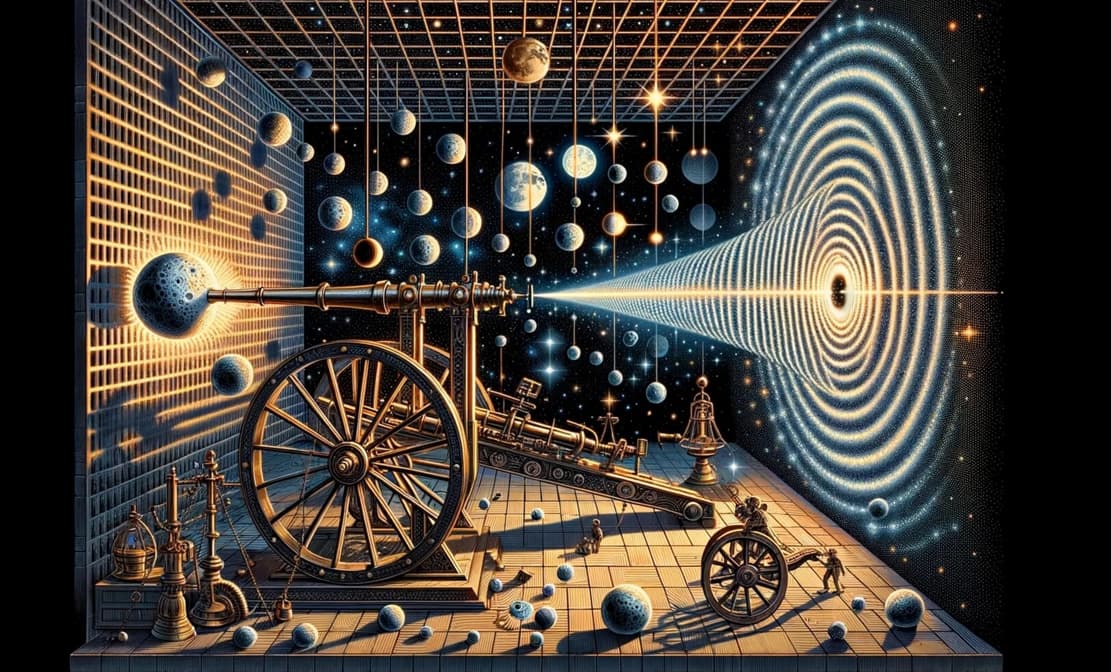New theory could unite Einstein’s gravity with quantum physics, maintaining our view of spacetime.
UCL physicists have put forward a brand-new idea, aiming to bring together Einstein’s gravity and quantum mechanics in a way that maintains the traditional view of spacetime. Modern physics relies on two main theories: quantum theory for tiny particles and Einstein’s general relativity, which explains gravity through the bending of spacetime. However, these theories clash, and resolving their differences has been challenging for over a hundred years.
The common belief has been that Einstein’s gravity theory needs modification to fit into quantum theory. This is the approach taken by leading contenders like string theory and loop quantum gravity. But Professor Jonathan Oppenheim from UCL proposes a different path. His theory, outlined in a paper in Physical Review X, suggests that spacetime might remain classical, untouched by quantum theory.
Rather than tweaking spacetime, this “postquantum theory of classical gravity” adjusts quantum theory. According to this theory, there’s an inherent unpredictability in spacetime, leading to random and intense fluctuations larger than predicted by quantum theory. This unpredictability makes the precise measurement of an object’s weight challenging, suggesting that it might appear to fluctuate unexpectedly.
A second paper, published in Nature Communications and led by Oppenheim’s former Ph.D. students, explores the implications of this theory and suggests an experiment: precisely measure the weight of an object over time to observe potential fluctuations.
Image credit Isaac Young
source UCL, Nature Communications paper, Physics Magazine feature



